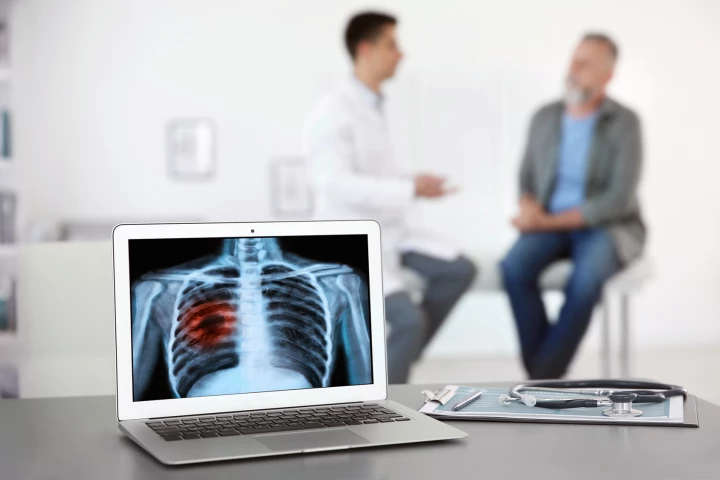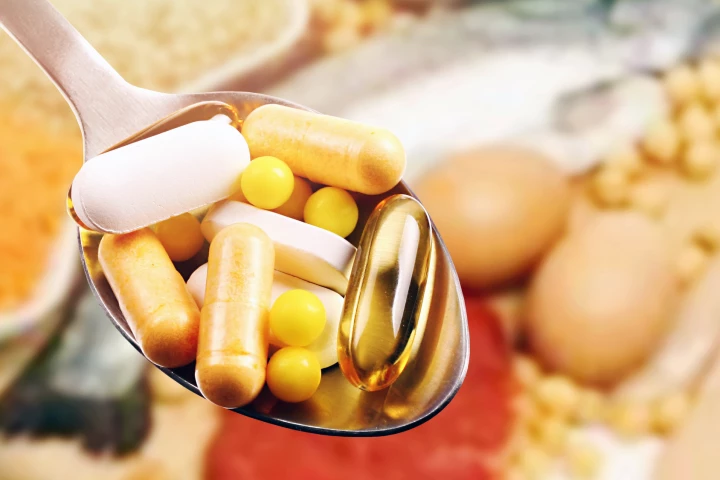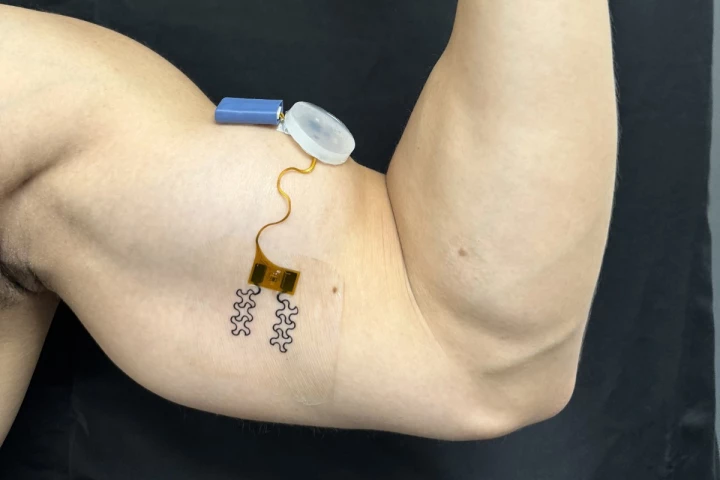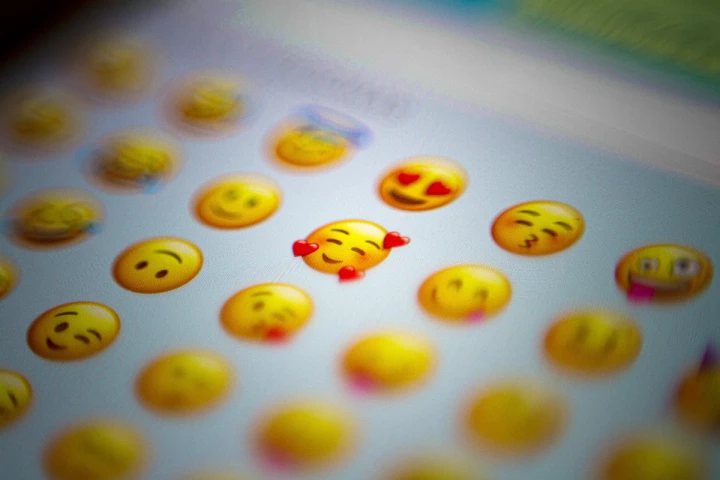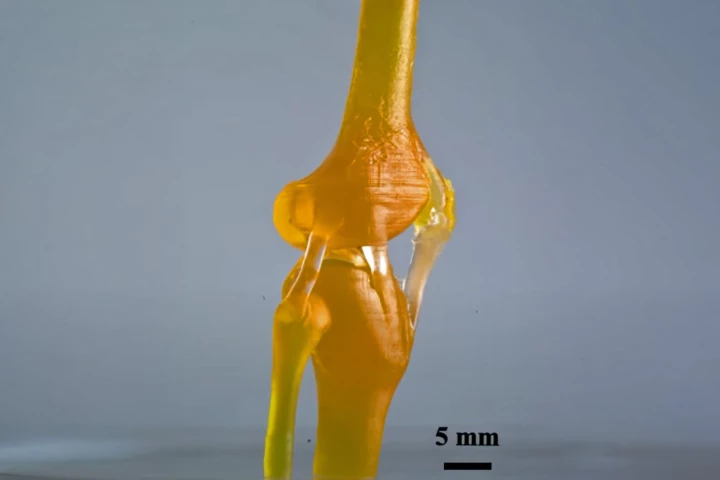University of Texas
-
A new gene-editing technique from the University of Texas at Austin uses bacterial retrons to replace entire sections of dangerously mutated DNA with healthy genetic code. It could "reno" multiple mutations simultaneously.
-
Getting a COVID shot might do more than protect against the virus – it could also help cancer patients live longer. A new study found that mRNA vaccines were linked to a doubling in three-year survival for those on immunotherapy.
-
Precision-targeted radiation is proving a match for surgery in early-stage lung cancer, offering patients similar long-term survival with less invasiveness, and potentially transforming how this common cancer is treated.
-
A new study reveals that people's beliefs in the health benefits of supplements might not come from science, but from clever labelling. Phrases like “boosts brain function” can make people believe a supplement can prevent conditions like dementia.
-
Much like the low-fluid warning light in a car, a new wearable sensor linked to a smartphone app is set to alert people when their hydration levels are dangerously low. The device could be a big help to athletes, first responders, and many others.
-
A new study shows that when it comes to developing closeness in your relationships, the emoji you send in your texts are doing some pretty heavy lifting. They're not just expressive – they also signal attentiveness and emotional engagement.
-
If an object that's composed of two types of material is going to fail, the break will usually occur at the interface where the two meet. A new type of light-activated 3D printing resin addresses that problem, by gradually morphing from hard to soft states within a single object.
-
A personalized facial e-tattoo wirelessly monitors the brain and can tell when it’s being overworked and can use the data it collects to predict mental overload, according to a new study. The tech could help us maintain a productivity sweet spot.
-
A group of Texas-based researchers has developed an effective way to treat post-traumatic stress disorder that involves zapping the vagus nerve around the neck, using a device the size of a shirt button.
-
A subtle yet significant phenomenon is occurring beneath the North American continent; its ancient bedrock is slowly dripping into the Earth’s mantle, creating a funnel-like structure concentrated over the Midwest of the United States.
-
While electroencephalography (EEG) can provide a lot of information on the electrical activity of an individual's brain, that person is required to wear a clumsy skull cap. Such caps could soon be replaced, however, with inkjet-printed scalp tattoos.
-
While there are already AI systems that generate sound effects to match silent images of city streets, an experimental new technology does just the opposite. It generates images that match audio recordings of streets, with uncanny accuracy.
Load More


